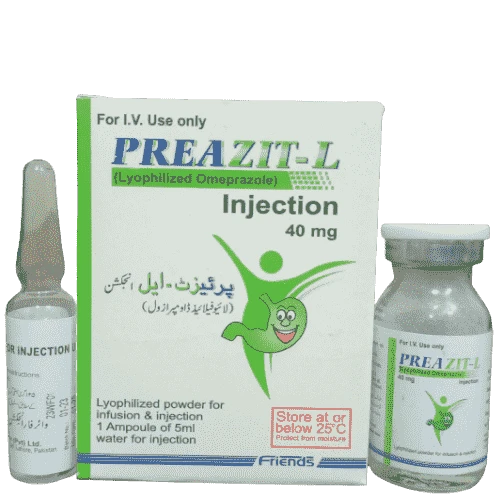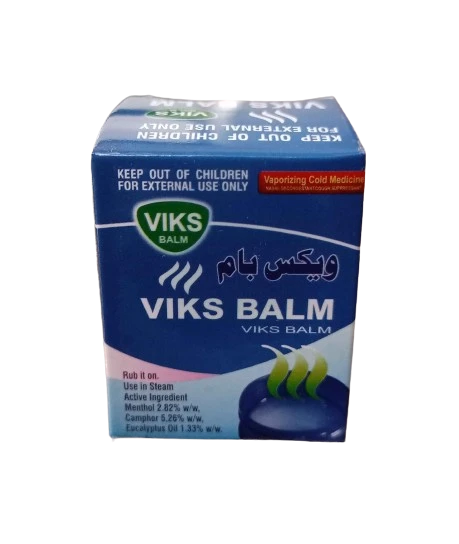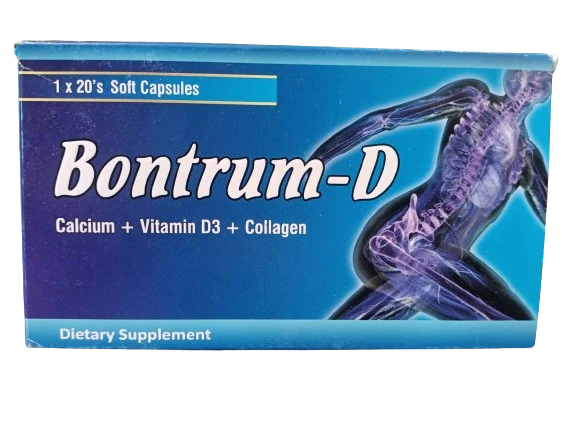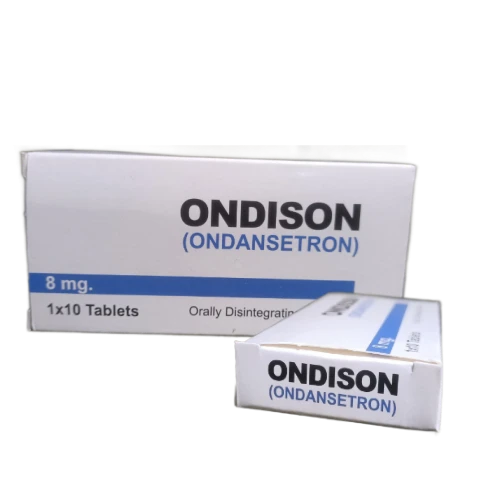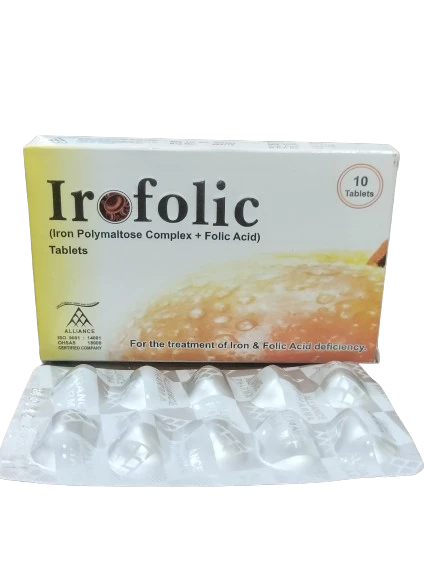
Betamethasone is a type of steroid called a corticosteroid.
Uses
It is used to treat skin conditions that cause inflammation and itchiness.
Side Effects
When doctors administer betamethasone injections, people may report a range of side effects that affect different parts of the body, including the:
immune system
cardiovascular system
skin
endocrine system
abdominal tract
muscles and bones
central and peripheral nervous system
eyes
People may also report side effects when using betamethasone lotion or ointment on their skin. The most common side effects that people report include:
redness of the skin
inflammation of the hair follicles
itchiness
blistering of the skin
Betamethasone dipropionate cream is a weaker corticosteroid than the ointment, and people report fewer side effects. In a study of 242 adults using betamethasone dipropionate cream, only one person experienced an adverse effect, which was a stinging sensation.
Burning and stinging of the skin can also occur when people use betamethasone valerate aerosol foam.
When people use betamethasone dipropionate spray, the most common side effects are:
itchiness
burning or stinging
pain
thinning of the skin
Rarely, people who use betamethasone valerate products may experience localized side effects on the area where they applied the product. These may include:
burning
itchiness
irritation
dryness
inflammation of the hair follicles
excessive hair growth
acne-like eruptions on the skin
lightening of the skin
rash
softening or breaking down of the skin
infections
thinning of the skin
the appearance of stretch marks
heat rash
Warnings and risks
Anyone who has a history of allergic reactions to betamethasone or any ingredient in betamethasone injections should avoid this treatment.
When prescribing topical betamethasone, doctors should not give this treatment to any person with a history of allergic reactions to betamethasone or any other corticosteroid.
In rare cases, a person who uses corticosteroids on their skin may experienceTrusted Source hypothalamic-pituitary-adrenal (HPA) axis suppression and adrenal insufficiency.
The HPA axis produces steroids that control and regulate many body functions. When people use corticosteroids, the body may stop producing steroids. As a result, the adrenal glands may shrink and stop working properly.
Although HPA suppression is rare, it is more common if a person:
uses a high potency corticosteroid
applies the product to a large area of the skin
uses the product for a prolonged period
When people use betamethasone appropriately, they will rarely experience this serious side effect.
Young children are more susceptible to HPA axis suppression because of their larger skin surface to body weight ratio.
Disclaimer: Remember, keep this and all other medicines out of the reach of children, never share your medicines with others, and use this medication only for the indication prescribed.
Always consult your healthcare provider to ensure the information displayed on this page applies to your personal circumstances.
No review given yet!
 Fast Delivery all across the country
Fast Delivery all across the country
 Safe Payment
Safe Payment
 3 Days Return Policy
3 Days Return Policy
 100% Authentic Products
100% Authentic Products
